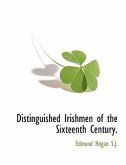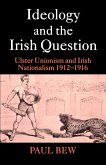' Marianne Elliott, The Irish Times 'In what is in many respects a path-breaking work, she offers fresh argument on the revolutionary nature of the United Irishmen ...fresh insights into their relationship with the Defenders, fresh information on their social composition ...and fresh discussion of their 'literary mischief ...this book will be placed high on the select list of works dealing with the United Irishmen.' Irish Historical Studies 'clear sighted, stimulating, and authoritative. This book is an excellent example of what revisionist Irish history...ought to be about. American Historical Review 'exceedingly well-written ...she produces a picture that is comprehensive and multifaceted...While avoiding biography she conveys a clear sense of who the United Irishmen were and what they were after. History.
The United Irish movement launched a tradition of revolutionary republicanism in Ireland which continues to the present day. This book examines the origins, context, nature, and practice of early Irish republicanism. It is primarily concerned with the hitherto largely neglected internal dynamics of the movement from its inception in 1791 to its defeat in the great rebellion of 1798. Nancy J. Curtin explores its ideology, propaganda, social composition, and mobilization, and shows how these threads were woven together by an emerging liberalism not usually associated with the republican tradition and which only fitfully survived the demise of the radical movement.
Hinweis: Dieser Artikel kann nur an eine deutsche Lieferadresse ausgeliefert werden.
The United Irish movement launched a tradition of revolutionary republicanism in Ireland which continues to the present day. This book examines the origins, context, nature, and practice of early Irish republicanism. It is primarily concerned with the hitherto largely neglected internal dynamics of the movement from its inception in 1791 to its defeat in the great rebellion of 1798. Nancy J. Curtin explores its ideology, propaganda, social composition, and mobilization, and shows how these threads were woven together by an emerging liberalism not usually associated with the republican tradition and which only fitfully survived the demise of the radical movement.
Hinweis: Dieser Artikel kann nur an eine deutsche Lieferadresse ausgeliefert werden.

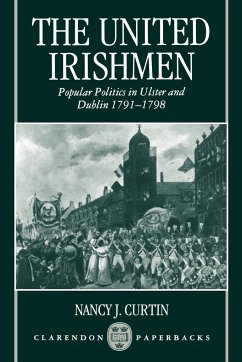
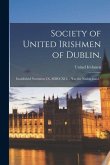
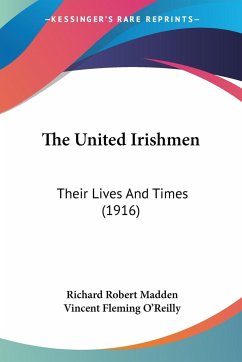

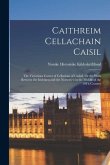
![The Sons of the Emerald Isle, or, Lives of One Thousand Remarkable Irishmen [microform]: Including Memoirs of Noted Characters of Irish Parentage or D The Sons of the Emerald Isle, or, Lives of One Thousand Remarkable Irishmen [microform]: Including Memoirs of Noted Characters of Irish Parentage or D](https://bilder.buecher.de/produkte/66/66155/66155263m.jpg)
